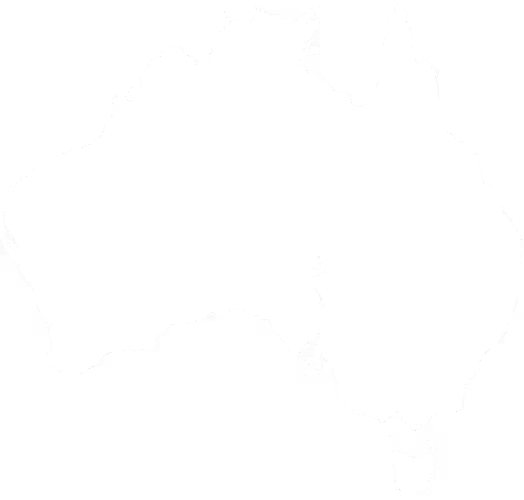

.jpg)
One critical aspect in the ever-evolving integration of sustainable practices in business is the value and importance of biodiversity.
Statistically, we know businesses need biodiversity.
To understand why and the future of this relationship, we need to look at the role of the Taskforce on Nature-related Financial Disclosures (TNFD), and how businesses can create a biodiversity-positive impact.
Biodiversity is the variety of living things in an ecosystem, and this diversity forms the foundation of ecosystems that support life and human activity.
For businesses, these services offer invaluable resources from raw materials, water purification and climate regulation, and maintaining the health of our ecosystems is the backbone of our global economy. Currently, one-fifth of the world’s countries face potential ecosystem collapse which is exacerbated by our dependence on nature, with more than 50% of the world’s GDP dependent on healthy ecosystems.
As a measurable output, biodiversity underpins ecosystem services such as food provision, carbon storage, and water filtration, and are valued at over $150 trillion annually. It is also estimated that the current decline in these services is costing over $5 trillion each year. Developing solutions to support these services can tap into new revenue streams, making a strong case for investing in biodiversity conservation.
Companies directly dependent on nature face massive operational risks from ecosystem collapse. The decline in biodiversity also exposes businesses to risks including supply chain disruptions, non-compliance with increasing environmental regulations, and damage to business reputation and consumer trust. With the growth of impact investment, investors are increasingly considering biodiversity and sustainability practices in their assessments, making it essential for companies to demonstrate strategies for addressing these issues. Businesses with negative environmental impacts on biodiversity may struggle to access new capital and investment opportunities.
Conversely, supporting biodiversity and ecosystem services can offer new opportunities such as minimising operational risks and reducing costs, staying ahead of environmental regulations, expanding into markets with growing numbers of eco-conscious consumers, enhancing brand reputation and consumer loyalty, and accessing new capital and investment, tapping into the large economic value of ecosystem services.
Creating a biodiversity-positive business begins with understanding the risks and opportunities associated with biodiversity loss and ecosystem service decline for your organisation. The Taskforce on Nature-related Financial Disclosures (TNFD) framework offers a starting point for businesses to assess, understand, and report their nature-related risks, impacts, and dependencies.
Much like climate-related disclosures, nature-related disclosures are expected to become mandatory for many sectors in New Zealand, underscoring the urgency for businesses to integrate biodiversity considerations into their operations. The TNFD framework helps businesses navigate this complex landscape, ensuring they stay ahead of regulatory requirements and meet investor expectations.
Taking businesses from reactive to proactive in this space is the key to building a long-lasting industry that improves its operations, its environment and its prospects.
By recognizing the value of biodiversity, understanding our impacts through frameworks like the TNFD, and implementing biodiversity-positive and more sustainable practices, businesses can achieve outcomes that provide a more secure future for themselves and the Earth.
Let’s co-create thriving ecosystems.




